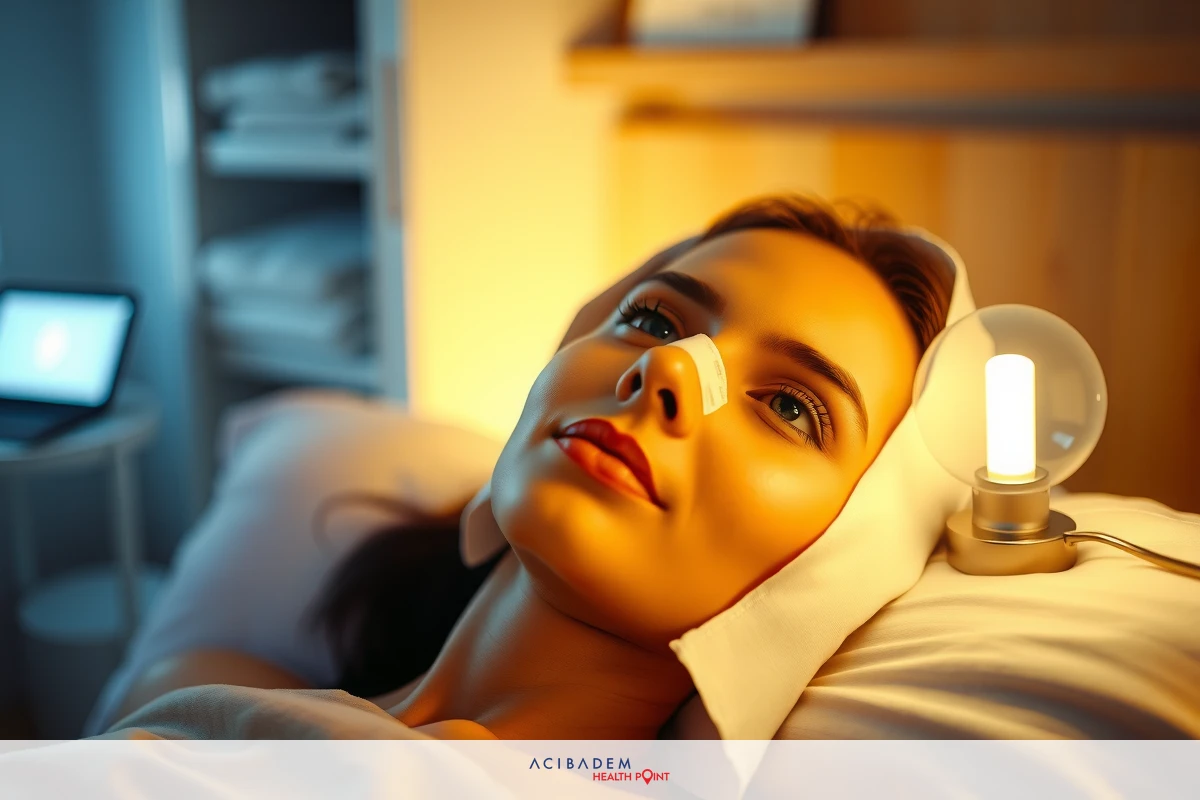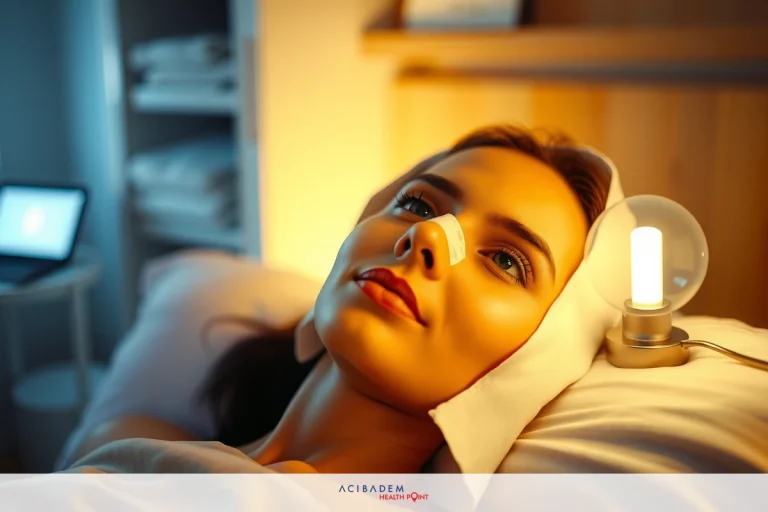Rhinoplasty After Surgery Care
Rhinoplasty After Surgery Care Rhinoplasty surgery, frequently referred to as nasal refinement, is a delicate procedure that demands meticulous aftercare to ensure optimal outcomes. The immediate post-operative period is crucial as it sets the stage for the healing and recovery process. In this guide, we will provide you with essential information on what to expect during your recovery and how to take care of yourself following the surgery.
Understanding the process of healing and recovery can greatly help in managing your expectations and preparing for the journey ahead. This involves knowing what to do and what not to do, learning about potential side effects, and understanding when to seek medical attention. Having a clear idea about these aspects can contribute significantly to a smoother and more comfortable recovery process.
Rhinoplasty After Surgery Care: Recovery and Healing
The recovery process following nose surgery is a critical aspect that determines the success of the operation. Immediately after the surgery, it’s common to experience swelling and bruising around the nose and eyes. This is a normal reaction of your body to the procedure and will gradually subside within two weeks. During this period, it’s crucial to keep your head elevated, even when sleeping, to reduce swelling.
Pain and discomfort are also part of the healing process. Your doctor will likely prescribe some pain medication to manage this. However, it’s essential to avoid self-medication, especially with drugs that can increase bleeding like aspirin or certain nonsteroidal anti-inflammatory drugs (NSAIDs). Instead, rely on the prescribed medication and follow the dosage instructions carefully.
During recovery, maintaining good hygiene is paramount to prevent infection. You’ll be given specific instructions on how to clean your nose and nostrils without causing harm or discomfort. Remember to follow these instructions diligently. Also, avoid blowing your nose for at least two weeks after surgery as this can disrupt the healing process.

Nasal congestion is another common symptom post-surgery. This can be irritating but rest assured it’s temporary. Using a humidifier in your room can help alleviate this symptom by keeping your nasal passage moist. Drinking plenty of fluids also aids in reducing congestion.
Finally, patience is key during recovery from rhinoplasty surgery. Healing takes time and rushing the process can lead to complications or unsatisfactory results. It’s important to remember that while initial recovery may take a few weeks, complete healing and settling of the nasal tissues and cartilage can take up to a year. Therefore, allow yourself ample time to recover and do not rush back into strenuous activities until approved by your doctor.
Rhinoplasty After Surgery Care: Post-Operative Care
Taking proper care of yourself after nose surgery is crucial in facilitating a smooth recovery and ensuring the best possible results. The first step towards effective post-operative care is strictly adhering to your surgeon’s instructions. Each surgeon may have their individual set of guidelines tailored to your specific condition and overall health status. Therefore, it’s significant to follow them closely.
One of the common instructions includes avoiding strenuous activities like heavy lifting or vigorous exercise for at least two weeks following the surgery. These activities can increase blood pressure and lead to bleeding or swelling. It’s also recommended to refrain from social activities during the initial recovery period as this can expose you to potential infections and risks. Moreover, avoid wearing glasses or any facial wear that puts pressure on your nose until your surgeon gives you the green light.
Keeping yourself hydrated is another important aspect of post-operative care. Drink plenty of fluids, preferably water, to keep your body hydrated and promote healing. A well-hydrated body is better equipped to deal with inflammation and swelling, which are typical after a rhinoplasty procedure. Additionally, adhering to a balanced diet rich in vitamins, minerals, and proteins can aid in faster recovery as these nutrients support tissue repair and growth.
Sleeping position also plays a role in post-operative care. As mentioned earlier, keep your head elevated while sleeping or resting to help reduce swelling. Using extra pillows can assist with this. Moreover, avoid sleeping on your side or stomach as this can put pressure on the nose and disrupt the healing process.
Lastly, regular follow-ups with your surgeon are an integral part of post-operative care. These visits allow the doctor to monitor your progress and address any concerns or complications at an early stage. Always remember that every individual’s healing process is unique; hence, comparing your recovery to others can cause unnecessary stress. Stay positive and patient throughout the process.
Frequently Asked Questions
How long does it take to recover from rhinoplasty surgery?
The duration of recovery varies from person to person, but generally, the initial swelling and bruising subside within two weeks. However, complete healing and final results can take up to a year as the nasal tissues and cartilage settle into their new shape.
Will there be visible scarring after rhinoplasty?
In most cases, the incisions for rhinoplasty are made inside the nose or along the natural creases, resulting in minimal visible scarring. Surgeons take great care to ensure incisions are discreetly placed to minimize any noticeable scarring.
When can I resume my normal activities after nose surgery?
It is important to avoid strenuous activities for at least two weeks following surgery to allow proper healing. Your surgeon will provide specific instructions based on your individual case. It's crucial to follow these guidelines and gradually ease back into your normal routine under medical guidance.
Can I wear glasses after rhinoplasty?
It is recommended to avoid wearing glasses that rest on the bridge of your nose for several weeks after surgery. The weight and pressure of glasses can affect the healing process. Your surgeon will advise you on when it is safe to resume wearing glasses or suggest alternative options during the recovery period.
What can I do to minimize swelling?
To help reduce swelling, keep your head elevated, even while sleeping. Applying cold compresses gently over the eyes and nose area in the first few days following surgery can also aid in reducing swelling. However, always consult with your surgeon before applying anything directly to the surgical site.











